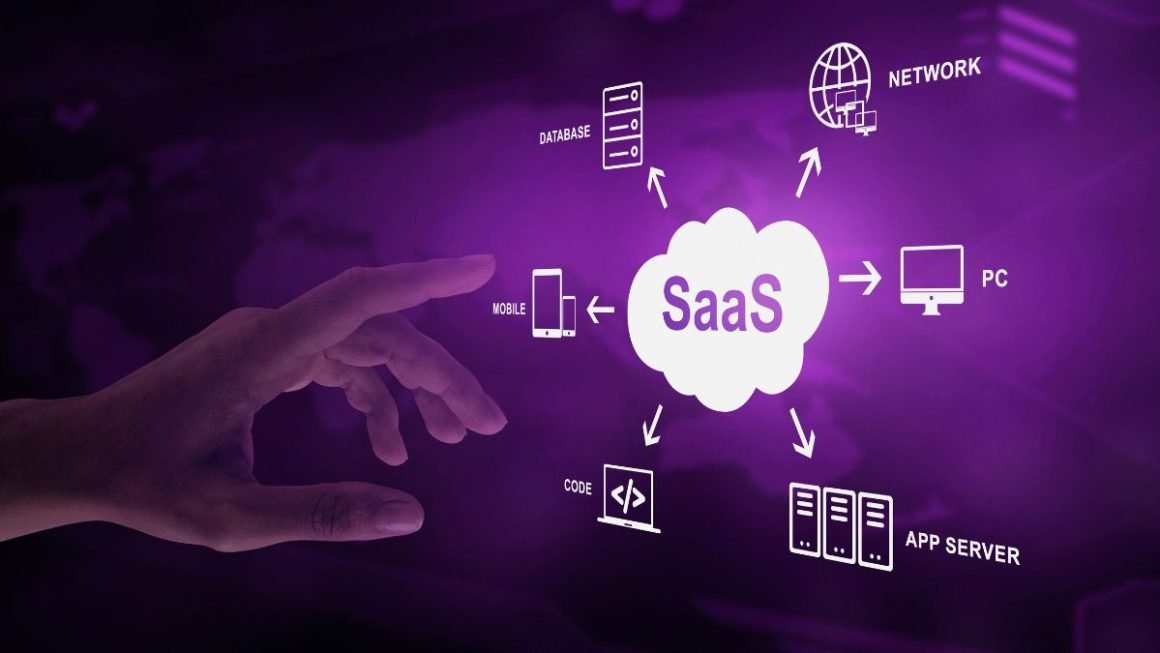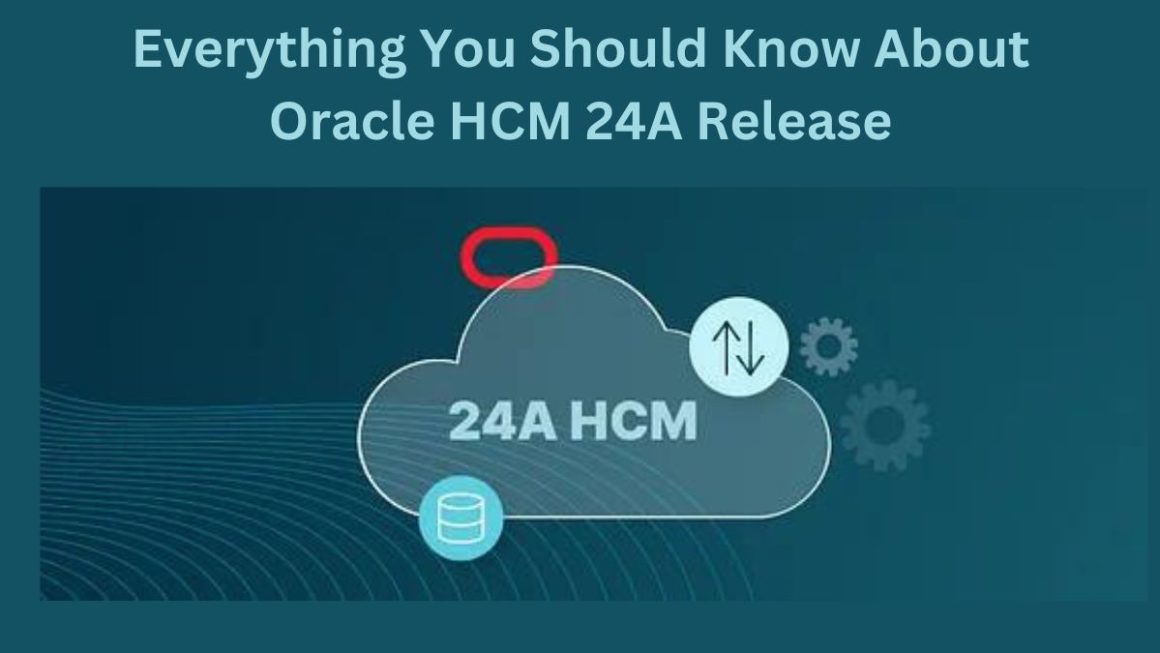Businesses have come a long way from record keeping on paper and handwriting calculations. Computer software completely revolutionized accounting, and thanks to cloud computing, we can now take it to the next level with flexible and remote accounting services.
Accountants are always on the lookout for ways to make their processes more efficient. Cloud accounting presents the next logical step for accountants with the ability to manage their client’s books whenever and wherever they are. So, is now the right time to elevate your accounting to the cloud?
Table of Contents
What is cloud accounting?
We’re all familiar with what the cloud is by now. But in case you’ve been living under a rock for the last decade or so, cloud computing facilitates remote data access and storage from anywhere with an internet connection. Cloud accounting simply takes the software you use for accounting and places it in the cloud. With cloud accounting, employees can remotely access everything related to company accounts from a laptop, PC, smartphone, or tablet.
Whether you want to manage your books, oversee company cash flow, chase up accounts receivable, or use online payment solutions for accountants you can do it all on the cloud.
Previously, companies had to run accounting software locally on individual computers or through an on-premises server maintained internally. As a result, accountants could only access the software they needed on specific computers and all the data was stored locally, making it more vulnerable to accidental loss or damage. In addition, in-house staff were responsible for updating the software. With cloud accounting your business gets the flexibility and scalability of the cloud.
Cloud accounting is often offered through a Software as a Service (SaaS) model. The provider oversees the delivery of the software package, ensuring companies receive the most up-to-date and secure accounting software available. In addition, data is no longer stored locally, and teams no longer have to worry about backing up their data Beyond flexibility and remote access, cloud accounting can lessen the burden on internal IT departments and potentially reduce costs.
Benefits of cloud accounting
Beyond accessibility, cloud accounting offers a range of benefits over traditional offline services.
Security: Handing over your data to a cloud provider might seem daunting at first, but you’re in safe hands. Cloud accounting lets experts oversee the protection and storage of your accounting operations, with advanced security protocols and backups located across multiple servers.
Reduced IT costs: Building an internal IT system that allows multiple teams to work on the same books can require significant infrastructure and maintenance. Cloud accounting outsources all the hardware requirements to provide seamless operations through an application or web browser and reduces overall IT costs.
Collaboration: With employees able to easily view the company books online, cooperation between the accounting team and management is simplified. No longer are the books only accessible through fixed desktop computers. Instead, anyone with access privileges can quickly check the latest sales numbers or see upcoming outlays.
Scalability: Cloud services can seamlessly scale based on your operations’ size. Expanding your business typically comes with the headache of developing your computing resources. With cloud accounting your provider handles all the infrastructure, so growing is as simple as upgrading your SaaS plan.
Challenges of cloud accounting
While there are many potential benefits to using cloud accounting, migrating your software to the cloud also comes with some challenges.
For starters, relying on cloud-based accounting software means that you’re dependent on internet connection. Without constant good internet, the team working on the accounts can be set back and might even get stuck trying to approve payments and pay suppliers.
Next, depending on the size of your operations, you may lock yourself into paying more for accounting software than you need to. Cloud accounting may be too expensive for smaller operations with only one or two people involved in managing the company books. SaaS packages are usually priced based on the number of users and they tend to get more affordable the more users you add.
Finally, making the move to the cloud could mean that you’re throwing out accounting processes that employees have spent years perfecting. Adapting to a new software package and taking full advantage of cloud functionality comes with a learning curve that can require employee training.
Is now the time to switch to cloud accounting?
Assessing your current accounting practices is key to understanding whether the advantages of the cloud make sense for your business.
Can you recoup the money spent on the existing infrastructure? What savings can be made once the SaaS provider oversees maintaining the software? What other potential savings are available through enhanced operations like greater collaboration and streamlined processes?
For the right company, cloud accounting is cheaper to operate than having an in-house accounting team
What you can expect with cloud accounting:
Predictable monthly costs – No need to worry about IT issues bringing unexpected expenses. Cloud accounting services are generally paid as a fixed bill based on your chosen plan.
Up-to-date software – With software constantly changing, providers can quickly inform you of new updates that have the potential to benefit your business and allow you to take advantage of the latest tech.
Unified operations – Cloud accounting software gives your team access to a single platform where they can all work together. This can simplify the work for everyone involved and allows your business to integrate into broader cloud-based workflows.
Accounting services that are right for you
There isn’t a single solution for handling your business accounting. What works for you may not work for others. Yet cloud accounting makes a compelling case for many businesses. With greater flexibility, scalability, and potential savings, outsourcing your accounting software to the cloud can lead to significant benefits.
Also Read : Problems And Solutions To Design An Effective Urban Security System




